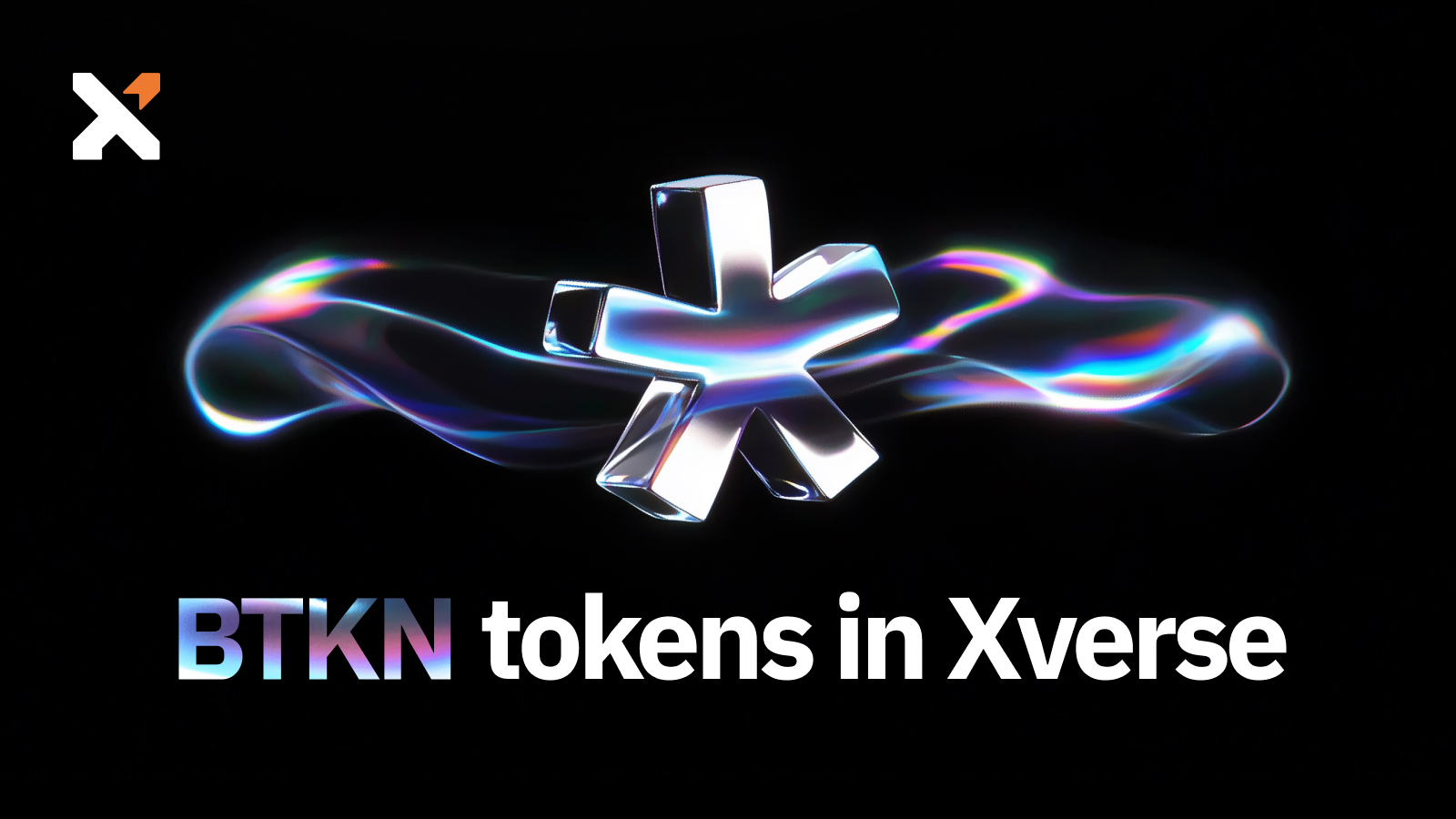How Bitcoin Impacts the Environment
How does Bitcoin actually impact the environment? Is it possible that Bitcoin is the blockchain with the most energy-efficient and sustainable opportunities? Let’s take a closer look.

Sign up for updates!
Stay tuned to our latest news and updates
.svg)
Despite the potential of blockchain technology to revolutionize various industries, there has been much criticism surrounding its sustainability. Major blockchain networks like Ethereum were said to be using as much energy as a small country. However, in September 2022 the narrative around this issue began to shift with the “The Merge” and Ethereum's claimed 99% increase in sustainability. Nevertheless, concerns about Bitcoin mining persist, and a letter from the US Congress highlights these concerns. Unfortunately, this negativity overshadows the significant positive impact that blockchain technology can have on sustainability initiatives.
To fully grasp the issue and the true impact of blockchain on the environment, we need to understand how Bitcoin miners obtain energy for transactions and blockchain activity, and evaluate whether this energy is being used efficiently compared with other industries. Is it possible that Bitcoin, perceived to have the greatest negative impact on the environment, presents the most energy-efficient opportunities? Let’s take a closer look.
Why Not Use More Energy-Efficient Blockchains?
To start comparing Bitcoin to other cryptocurrencies is not straightforward, as it is the only digital asset utilizing the Proof-of-Work consensus mechanism in the world's history. Other cryptocurrencies employ Proof-of-Stake networks treated as securities, much like the 100,000+ digital coupons that traditional financial systems have created. Bitcoin is an innovation that serves as "digital gold."
Bitcoin Energy Usage is Efficient
Bitcoin miners often seek out remote and energy-efficient regions, utilizing excess energy generated at the edge of the grid. Furthermore, they are incentivized to operate at times when there is little-to-no demand to save costs. In total, the energy used by Bitcoin mining constitutes only 0.15% of the world's total energy consumption,, all of which is more efficiently and cleanly consumed than any other industry. Meanwhile, the world continues to produce excess energy, with one-third going to waste.
Bitcoin Mining is Becoming More Renewable
Bitcoin mining efficiency has been increasing at a faster pace than any other industry, with a 63% improvement in efficiency reported by the Bitcoin Mining Council in just the past year. In fact, a majority of Bitcoin miners are already migrating away from fossil fuel-based electricity, and adopting renewable energy generation solutions.

The industry has taken several steps to encourage this switch to renewable energy, one of which is the Sustainable Bitcoin Protocol (SBP). According to this platform, miners receive sustainable bitcoin certificates (SBCs) that match the amount of bitcoin they earn as a block reward. SBCs are on-chain tokens that can be traded separately from Bitcoin and sold to investors, particularly those interested in ESG factors. This incentive scheme allows miners to benefit from using renewable energy while enabling investors to support sustainable mining practices.
Bitcoin Can Actually Benefit the Environment
Bitcoin has the potential to benefit the environment by enabling the monetization of stranded natural gas or methane gas energy sources. Dan Batten, a recognized expert in this field, has highlighted the potential of Bitcoin to curtail methane gas emissions. Additionally, while sustainable power sources like wind, hydro, and solar are crucial to the fight against climate change, they can be unreliable at times due to their dependence on weather conditions. Bitcoin mining can play a vital role in developing grid resilience by acting as a large, flexible electricity consumer that can balance out energy supply and demand. This, in turn, can finance the buildout of additional capacity necessary to power major industrial and population centers responsibly.
The recent example of energy curtailment on the ERCOT grid in Texas demonstrated the benefits of bitcoin mining for sustainable power providers. Bitcoin miners are uniquely suited to monetize excess power and curtail their energy usage during periods of energy shortfall and production volatility. No other industrial energy consumer can provide the same level of flexibility and financial incentives to sustainable power providers.
Bitcoin Adds Value to Society
Taking a broader perspective, Bitcoin's value extends beyond its impact on the environment. As a forever database, Bitcoin preserves the integrity and individual ownership of data. And despite being around since 2009, the network has remained secure and has continued to store data without being compromised by hacks.
Additionally, Bitcoin's unique properties as a currency, such as its resistance to inflation, have the potential to economically empower individuals across the globe. By serving as a decentralized, borderless, and censorship-resistant form of money, Bitcoin could help to provide financial freedom and access to economic opportunities to people who may not have had them otherwise.
Furthermore, the value of the Bitcoin blockchain goes beyond financial use cases extending to areas like healthcare, art, and even the preservation of history. By providing a secure, tamper-proof platform for storing and sharing sensitive information, the Bitcoin network can be leveraged to protect and preserve our collective history and culture.
For instance, Starling Labs, an academic research lab that employs cutting-edge cryptographic methods and decentralized web protocols to ensure trust in sensitive digital records, uploaded 56,000 Holocaust survivor testimonies to the blockchain. By leveraging the security and immutability of the blockchain, Starling Labs can successfully safeguard evidence of human rights abuses and create a bulwark against the spread of disinformation.
Bitcoin for a Sustainable Bright Future
The impact of Bitcoin on the environment and society is a complex and multifaceted issue. While some concerns about the energy consumption of Bitcoin mining remain, data shows a positive shift towards green-energy usage. It's important to consider the efforts being made by the industry to move towards renewable energy sources and increase efficiency. Additionally, the potential benefits of Bitcoin as a decentralized and secure network for financial transactions and other use cases cannot be ignored. The innovative use cases of the Bitcoin blockchain, such as the preservation of sensitive digital records, demonstrate its potential to have a positive and long-lasting impact on society.
Share this article



.svg)




